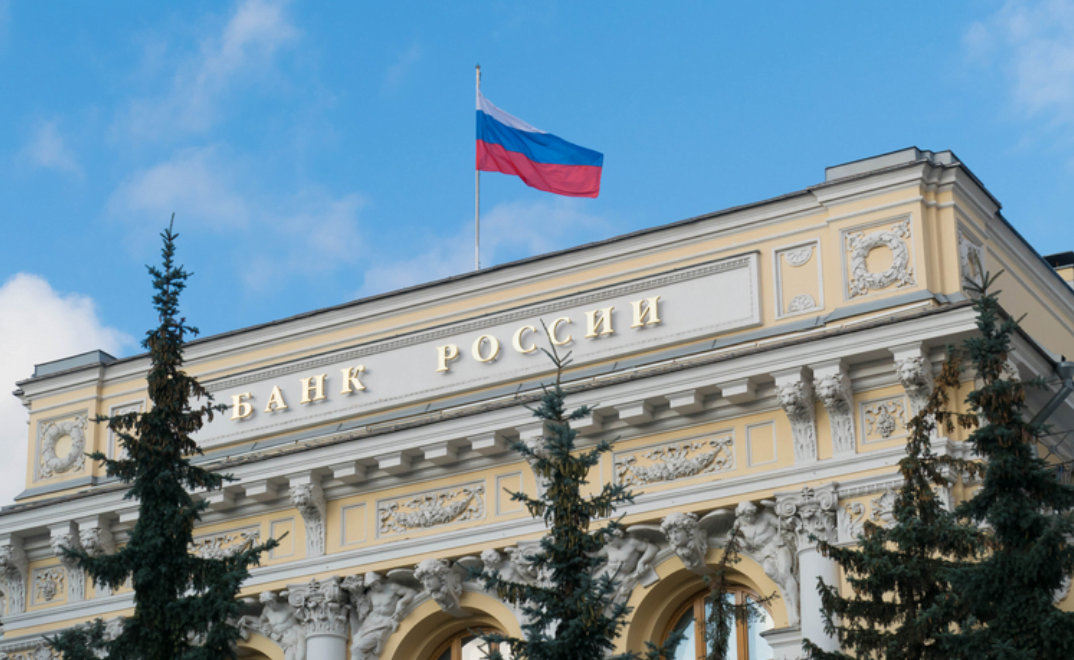Binance, the largest cryptocurrency exchange by trading volumes, is currently facing accusations of violating sanctions imposed in Russia. These allegations suggest that Binance has been involved with companies that are under sanctions in Russia.
The situation has come to the forefront due to a report published on August 22nd by the Wall Street Journal (WSJ). However, despite Binance’s assertions of complying with regulations and avoiding any connections with sanctioned entities, the report indicates that the exchange is still actively conducting operations within Russia.
Moreover, the WSJ report brings to light significant cryptocurrency transactions conducted in rubles, as suggested by external sources. It is claimed that clients have the ability to deposit funds directly from Russian banks that are under sanctions, utilizing a convoluted network of intermediaries.
Binance’s Continued P2P Trading and Russian Client Services Amid Sanctions

At the same time, Binance is said to continue its facilitation of peer-to-peer (P2P) trading of cryptocurrencies with rubles. The report relies on user screenshots and chat group discussions to confirm Binance’s collaboration with sanctioned banks for these transactions.
Subsequently, a recent investigation into Binance’s service website revealed that the exchange offers Russian clients the opportunity to use payment processing services from a minimum of five sanctioned financial institutions. Notably, these include Rosbank and Rinkoff Bank.
Conclusively, In July, Rosbank publicly noted that Binance’s P2P platform displayed a significant number of traders, indicating ruble-USDT exchanges. These transactions accumulated to a value of nearly $1 million.
Binance’s Telegram Chats, Responses, and the Context of US Sanctions and Digital Ruble Initiative in Russia

Additionally, the report unveiled conversations involving multiple users in Binance’s official Telegram chat group for Russian clients. These discussions revolved around the potential use of Rosbank and Rinkoff Bank for P2P trades via the platform.
Furthermore, in response, a representative from Binance strongly denied these accusations and emphasized the company’s unwavering dedication to adhering to established legal frameworks.
Meanwhile, in response, the spokesperson emphasized Binance’s absence of connections to sanctioned banks for its P2P services, in Russia or elsewhere.
Regarding the Digital Ruble Initiative, these claims emerged subsequent to the imposition of US sanctions on Russia’s financial sector. The sanctions, detailed in a report from February, were aimed at several Russian financial institutions, including a prominent bank
Russia is poised to commence a trial of the digital ruble with consumers in August. Consequently, this pilot program has the potential to represent a substantial stride in modernizing the nation’s financial infrastructure. It also serves as a strategic move to counter the growing influence of private cryptocurrencies such as Bitcoin.
Read More:
Quantstamp Unveils Economic Exploit Analysis: A New Tool to Detect Flash Loan Vulnerabilities
Cybercriminals Exploit ChatGPT-Powered Botnet to Amplify Cryptocurrency Scams on X

